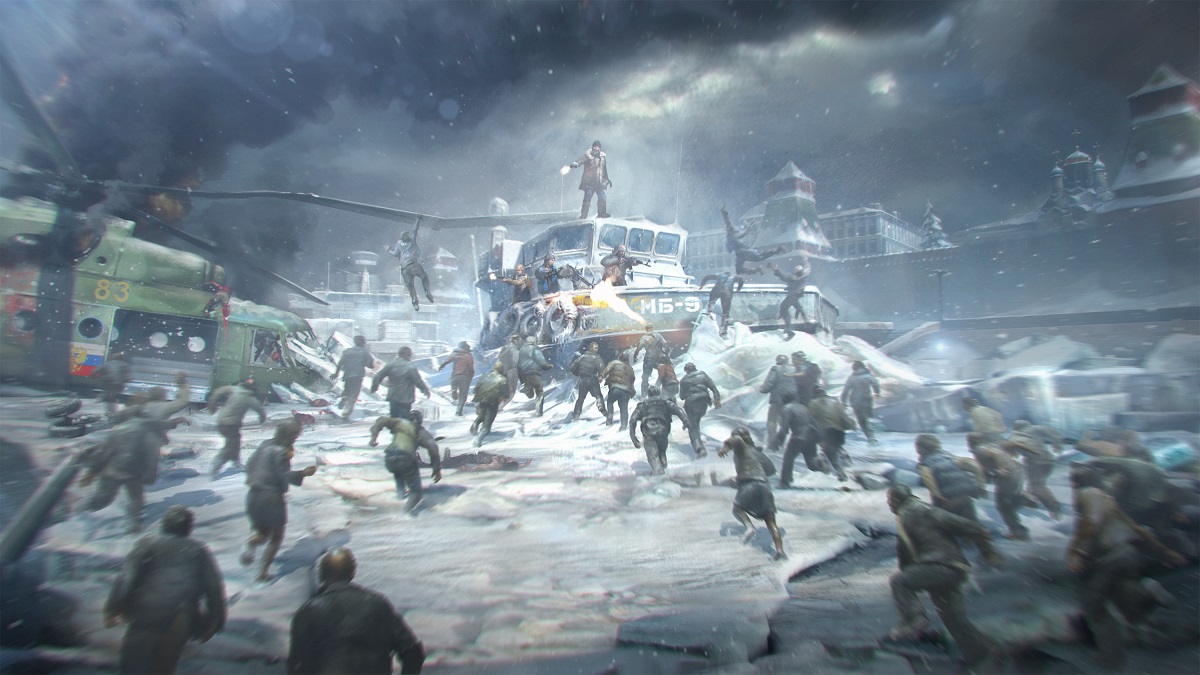Left 4 Dead fans aren’t getting much fan out of Valve. But have no fear. Saber Interactive is picking up the mantle with World War Z, a co-op shooter coming in 2019 to the PC and consoles.
World War Z doesn’t feature Brad Pitt, but it does carry the license from the popular Paramount Pictures property, which featured swarms of terrifying and fast zombies. Saber Interactive CEO Matt Karch runs the 450-person studio, which has been making the game for the past three years. He takes inspiration from the World War Z book, but he also wants to make sure that fans of the movie get their fill.

Unlock premium content and VIP community perks with GB M A X!
Join now to enjoy our free and premium membership perks.
![]()

![]()